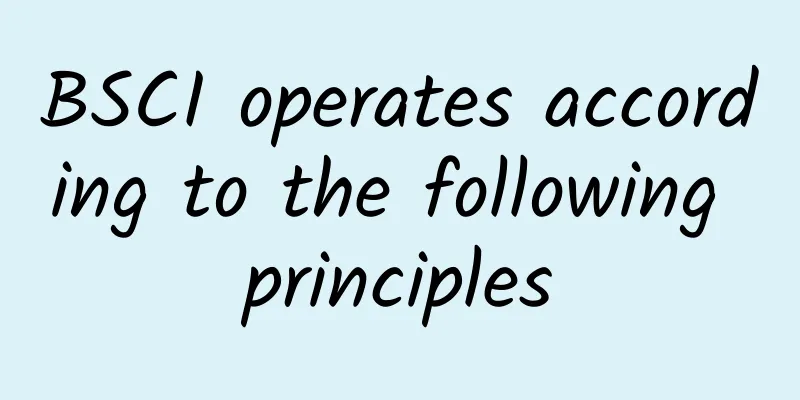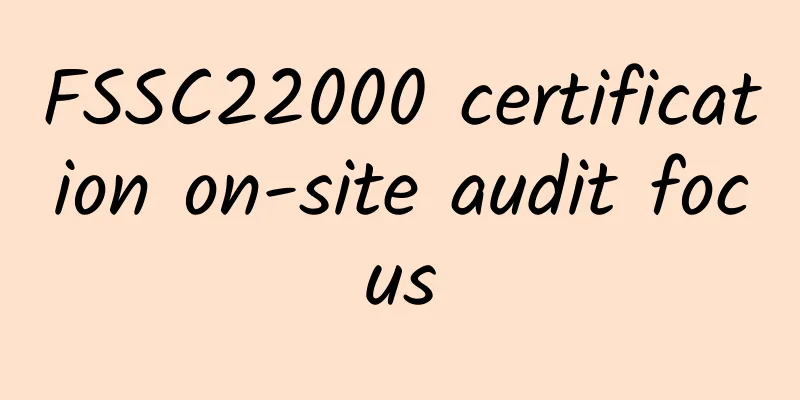BSCI operates according to the following principles

|
The ultimate goal of BSCI is to improve working conditions in global supply chains. This goal can only be achieved through the strong commitment of participants to implement the system. BSCI operates according to the following principles: |
<<: Questions about BSCI certification
Recommend
African Cotton Certification Process
Step 1: Buy CmiA Cotton This is the most importan...
ICS factory inspection consultation key inspection items
Recently, we often find that the factory inspecti...
What are some selling tips on eBay?
eBay sellers are worried when they see the number...
Uiza—Media technology developer
Uiza.io is a streaming technology developer dedic...
How much does it cost to use Fetcher? What are the advantages and disadvantages of Fetcher?
How much does Fetcher cost? Fetcher’s Pricing: Th...
Enterprise suppliers applying for ISCC certification need to comply with ISCC declaration requirements
1. In ISCC PLUS, it must be guaranteed that the e...
WRAP registration fee increase WRAP has increased its registration fee
Therefore, with effect from January 1, 2010, the s...
Consequences of Violation of the BSCI Code of Conduct
Consequences of Violating the BSCI Code of Conduc...
What problems are likely to occur during employee interviews during GRS certification factory inspections?
When doing GRS certification inspection, don’t as...
eBay developer API function! eBay sellers must click~
To make it easier for sellers to build their own ...
What is Hai Guanjia? What services does Hai Guanjia provide? What are the advantages of Hai Guanjia?
What is Sea Butler? Suzhou Haiguanjia Logistics T...
What is the process of opening a store on eBay? What do I need to prepare to sell on eBay?
What is the process of opening a store on eBay? 1...
What is BigBasket? BigBasket's service areas
BigBasket is India's largest grocery e-commer...
What is Storenvy? How to get store traffic with Storenvy
Storenvy is a San Francisco startup. It is a mash...
Li&Fung Factory Audit Supplier Guidelines
Li&Fung's Supplier Code of Conduct stipul...









